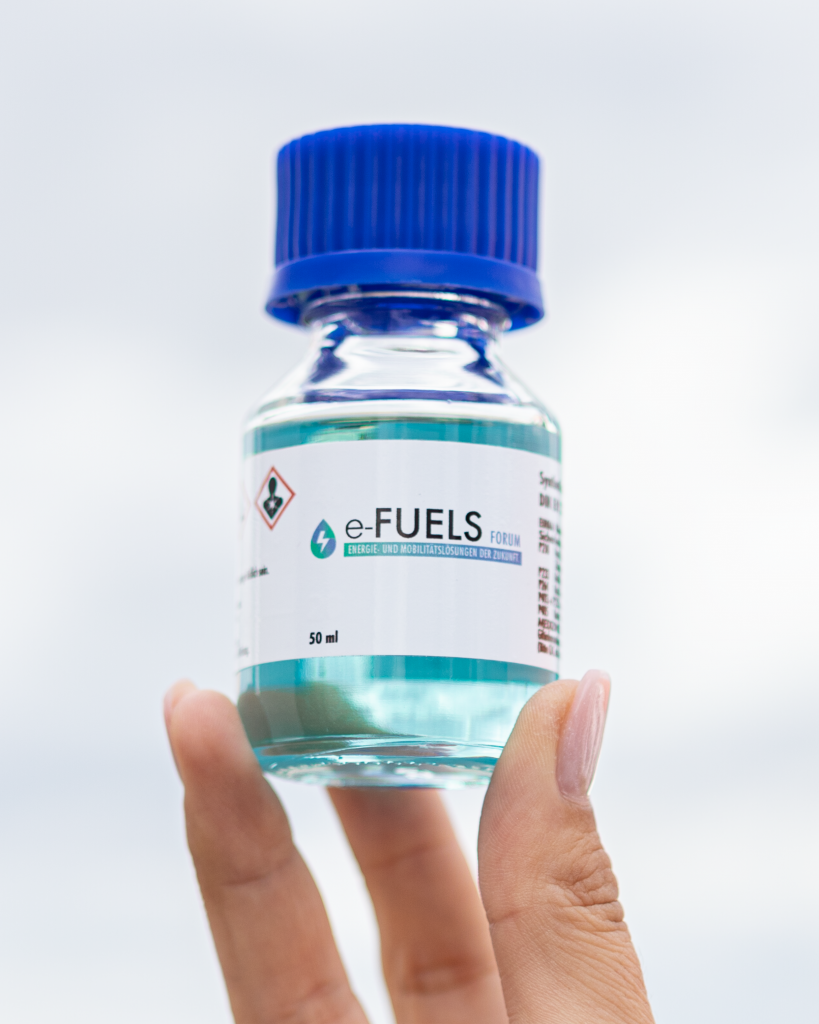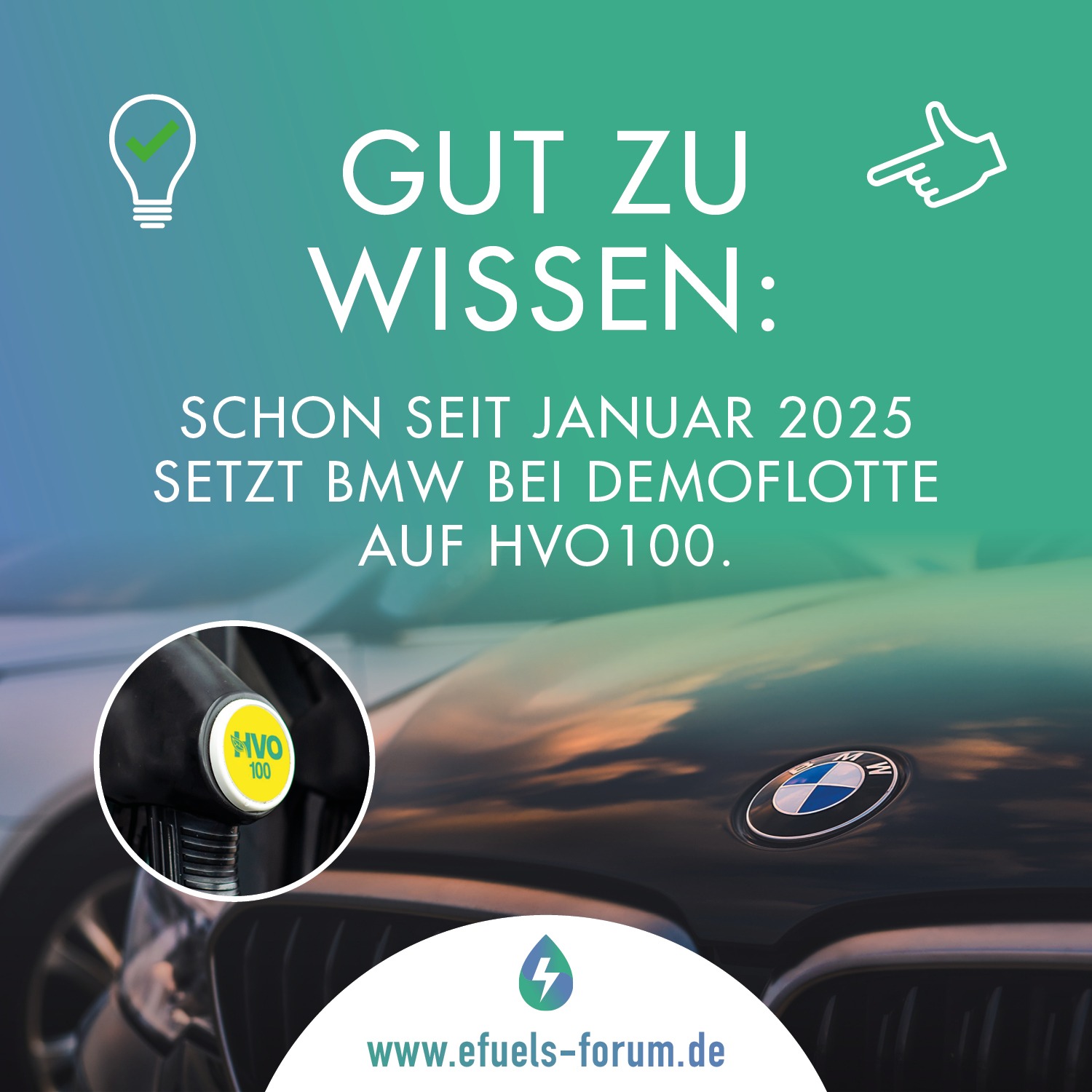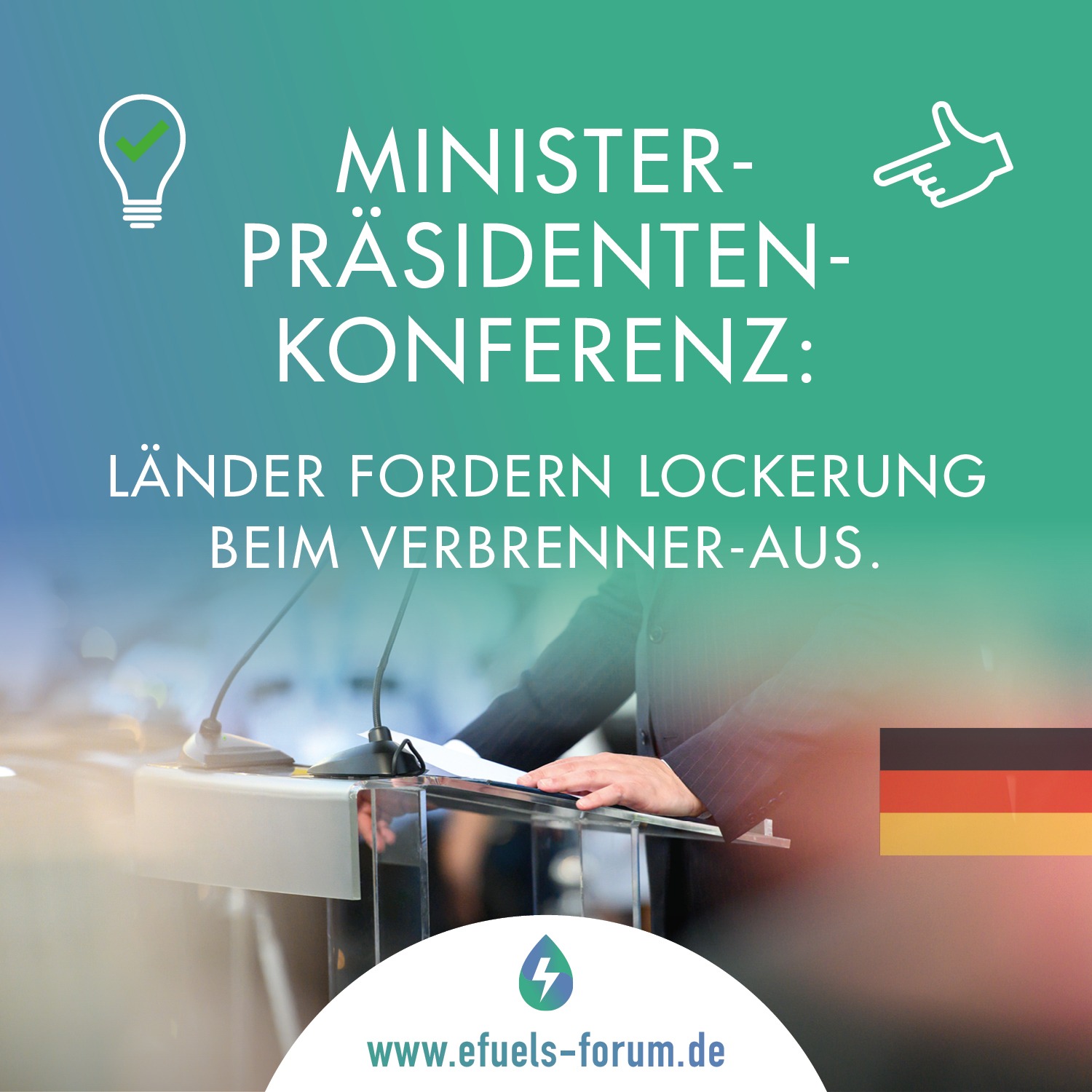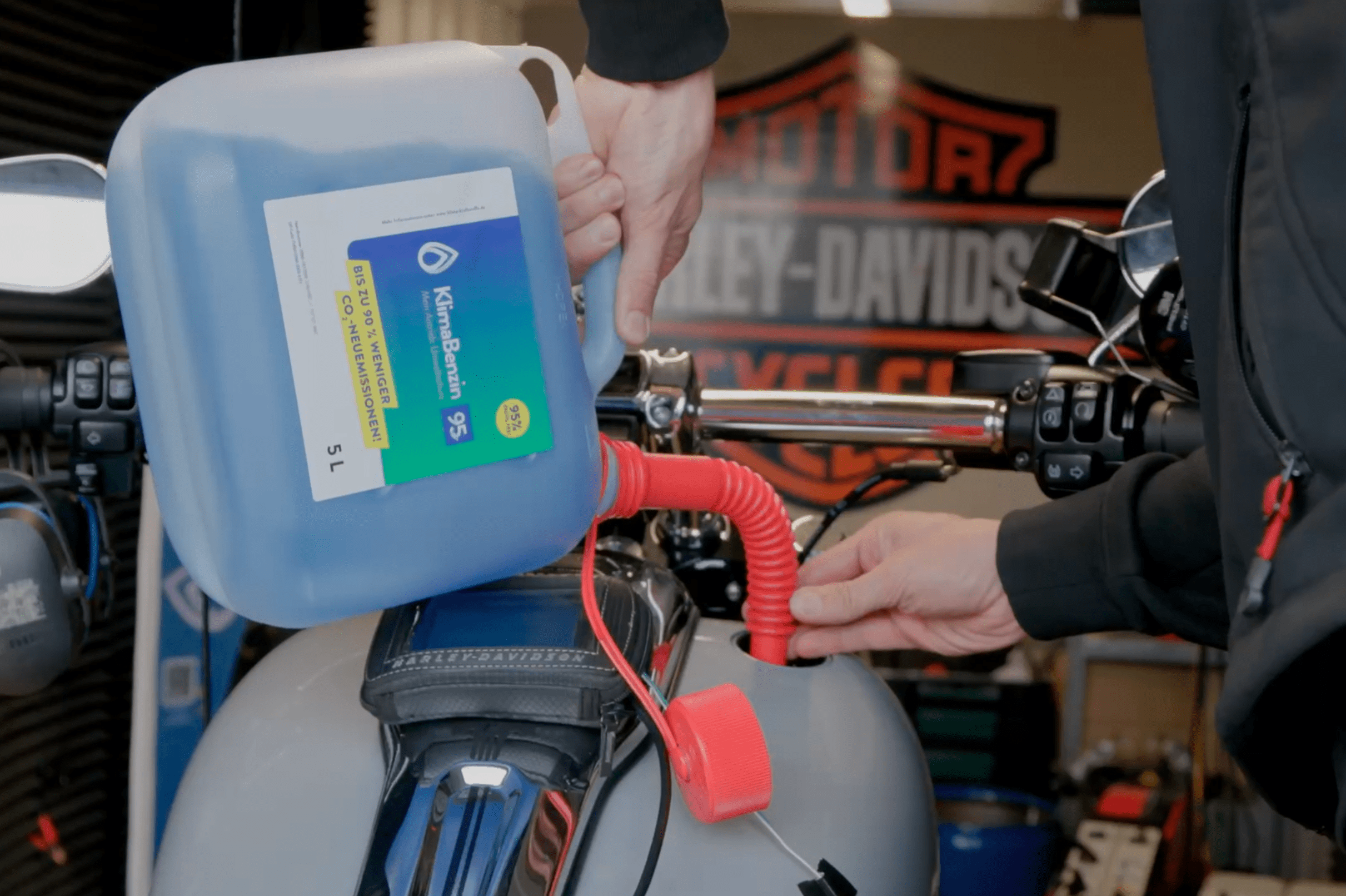Hoya, September 15, 2025 – In recent days, German Chancellor Friedrich Merz and EPP leader Manfred Weber have announced important course corrections in the European regulation of fleet limits for vehicle drive systems. The eFuels Forum welcomes these signals, but warns that only with genuine technological openness and regulation based on the crediting of CO 2-emissions along the life cycle, the climate targets for transportation can be achieved sustainably.
At the IAA Mobility trade fair, German Chancellor Friedrich Merz announced that European regulation for vehicle drives would be made more flexible – an important signal for climate protection. In the opinion of the eFuels Forum, however, this is not enough: The climate targets in the transport sector can only be achieved with genuine openness to technology and regulation that takes CO₂ emissions into account over the entire life cycle. “Mere flexibilization shifts the problem – it does not solve it. It is crucial that the EU fleet regulation assesses the life cycle. Then it will become clear what contribution renewable fuels such as eFuels can already make today,” explains Lorenz Kiene, Managing Director of the eFuels Forum. eFuels will cause almost 100 percent fewer new CO₂ emissions in production than fossil fuels in the future. Some production processes are already producing up to 90 percent less new CO₂ emissions. This is because no additional CO₂ is released into the atmosphere during combustion if the entire production process is based on renewable energies.
In contrast, the pure “tailpipe” focus applied to date, which only takes into account the CO₂ emissions at the tailpipe of a vehicle, ignores large parts of reality – from production and operation to the disposal of the car or commercial vehicle. A holistic life cycle assessment not only enables a serious comparison of drive systems, but also creates investment security for companies that want to invest in climate-friendly fuels. The first concrete steps are already being taken: For example, some partners of the eFuels Forum are participating in the construction of the first commercial production plant for e-gasoline in Steyerberg (Lower Saxony) via the company German eFuel One. At the same time, the life cycle approach protects industrial value creation and hundreds of thousands of jobs that depend on the combustion engine and integrates them into the transformation.
Kiene is positive about the latest signals for a change of course from Brussels: EPP leader Manfred Weber announced that he would withdraw the ban on combustion engines and present a corresponding proposal in the fall. The aim is to reconcile climate neutrality with competitiveness and employment. The EU Commission had previously announced that it would review the existing regulation “as soon as possible” – possible exemptions could still be decided at the end of 2025.
“Germany and Europe have the opportunity to transfer their industrial strength into the next era of mobility – with climate-friendly fuels as a second pillar alongside electrification. This requires a life cycle switch in Brussels now,” demands Kiene.
About the eFuels Forum:
The eFuels Forum was founded in summer 2021 and now consists of over 60 energy companies and interest groups from all over Germany as well as the technology partner CAC Engineering GmbH. The platform aims to inform the general public about eFuels. In addition to two Germany-wide information tours, the eFuels Forum is also active at trade fairs and other events as well as on the social media platforms Instagram, Facebook and LinkedIn. Since 2021, other partnerships have emerged from the eFuels Forum, such as eFuel GmbH and Klima Kraftstoffe GmbH. The goal of these companies is to participate in companies and initiatives to bring synthetic fuels to market.





